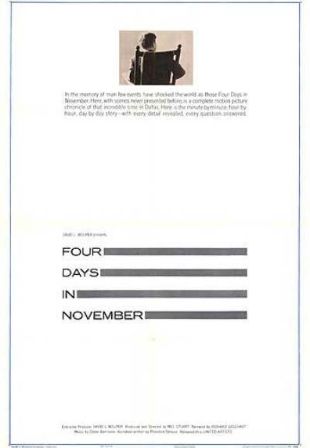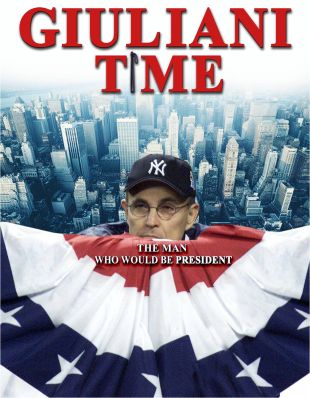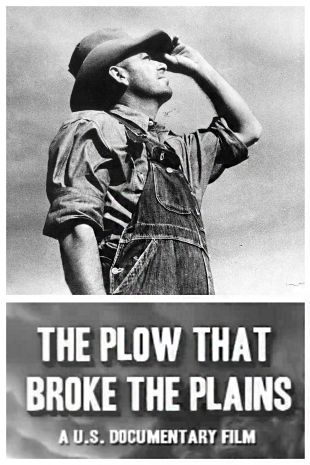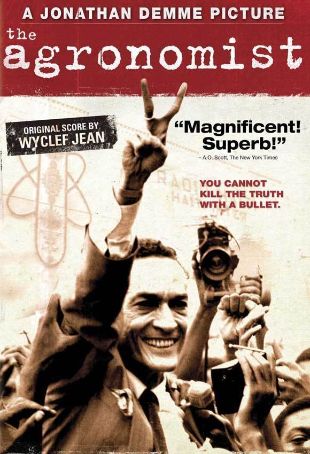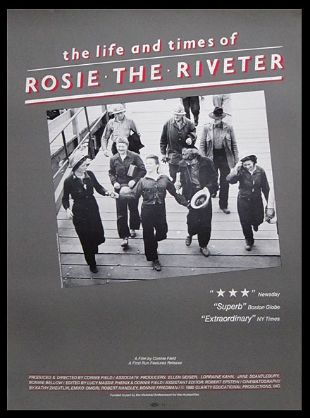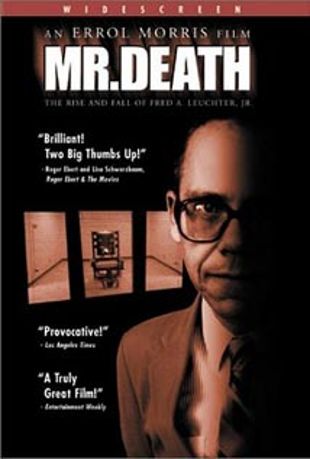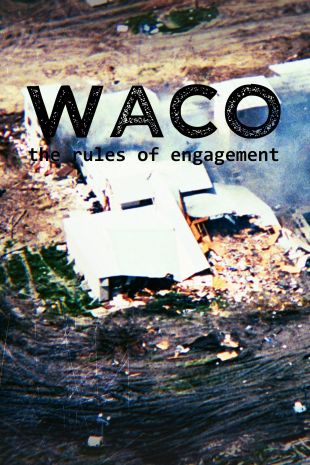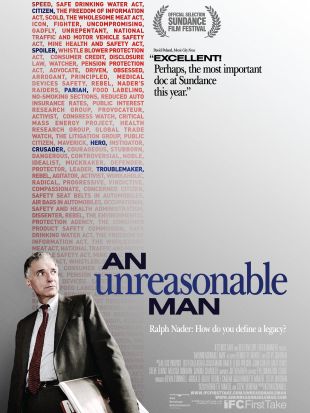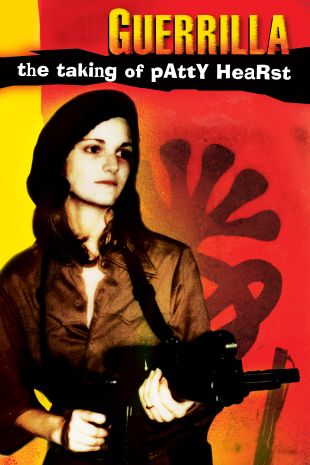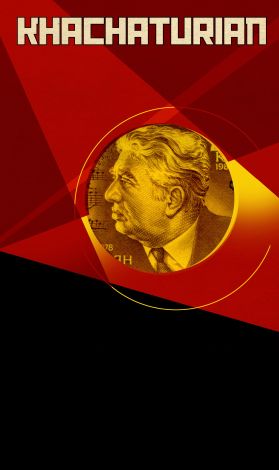New York: A Documentary Film : The Power and the People (1898-1914) (1999)
Directed by Ric Burns
Genres - Historical Film |
Sub-Genres - Social History, Politics & Government, Biography |
Run Time - 120 min. |
Countries - United States |
Share on
Synopsis by Steve Blackburn
It was the fire that sparked reform; after 146 people -- mostly women and girls -- died in the ferocious 1911 blaze that gutted the Triangle Shirtwaist Factory, it was discovered that the exits had been locked by the management to prevent theft by the workers. At the time, there were no fire laws in the city, and few laws protecting workers. As this fourth episode in the PBS documentary series about New York reveals, citizen anger at the tragedy led to public hearings and a state commission recommending safety reforms such as automatic sprinklers in buildings over seven stories high, more frequent fire inspections, and a shorter, 54-hour week for women. Also covered in this episode is the fledgling motion picture industry led by companies such as Biograph, for which D.W. Griffith shot hundreds of short films; the continued problem of overcrowded slums, a blight exacerbated by the arrival of 10 million new immigrants in just a couple of decades; and the building of modern urban emblems: the subway system and skyscrapers. Highlights include archival motion picture footage, period photographs, archival paintings, and engravings, as well as commentary by numerous guests including Academy award-winning director Martin Scorcese; Ruth J. Abram, founder of the Lower East Side Tenement Museum; novelist Caleb Carr (The Alienist); architect Robert A. M. Stern; writer Jean Strouse; and historian John Kuo Wei Tchen. Other features include dramatic readings by guests including Robert Sean Leonard, Frances Sternhagen, Eli Wallach, and George Plimpton. Directed by Ric Burns and narrated by David Ogden Stiers.
Characteristics
Keywords
big-city, roots [origins], chronicle, industry, urban
